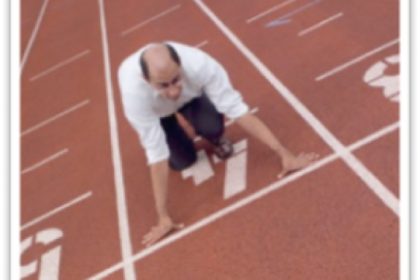① Consultant
Industry-specific Expert
* Contract work engaged primarily through connections and recommendations.
* Ability to identify and solve others problems.
* Work-focused and does not address personal concerns.
Analyze current processes and outcomes
* Spend time visiting a work site and collecting data.
* Compare what they see to what they know from their experience.
* Compare to results from comparable companies.
Develop and present a plan for change.
* Develop a plan based on what they know has worked for others in their experience.
* Recommendations are based on current knowledge.
* Implementation is generally handled by the client.
② Counselor or Therapist or Psychologist or Psychiatrist
Mental Health professional
* Specific education and training are required to earn licensure or certification.
* Mental health cannot be practiced without a license.
* Mental health includes assessment, analysis, diagnosing, prescriptions, and giving advice.
Talk about the problems and issues a client has experienced.
* Specific problem focus to work through the issues.
* Encourages repeat discussion from the client.
* Empathize and focus on the problem.
Prescribe medications, provide referrals, and give specific advice.
* Based on the client need, they tell the client what to do and how to do it.
* Medication and compliance with advice provide external motivators.
* Solutions are based what information the counselor has from the client talking.
③ Coach
* Process expertise combined with knowledge base to empower client insight and choice.
* Sees client as their own best expert in exploring possibilities and planning.
* Naturally builds the confidence of the client in their own abilities.
* Focuses on client knowledge and ask questions to elicit new insights and ideas.
* Creates opportunity for client to move to their next level and beyond.
Ask questions
* Empowers the client to think outside the box through questions.
* Creates inherent flexibility.
* Creates new possibilities because the process opens door to more options.
* Develops a pattern of forward focus and movement within the client.
Focuses client choice forward and in to action steps.
* Builds the internal motivators through client consideration of ideas and choice of action steps.
* Naturally increases follow-through because the client owns the plan.
* The process incorporates questions that are about moving towards chosen goals.
* The client feels positive and recognizes new potential.
* Creates proactive intention, enhancing results.


